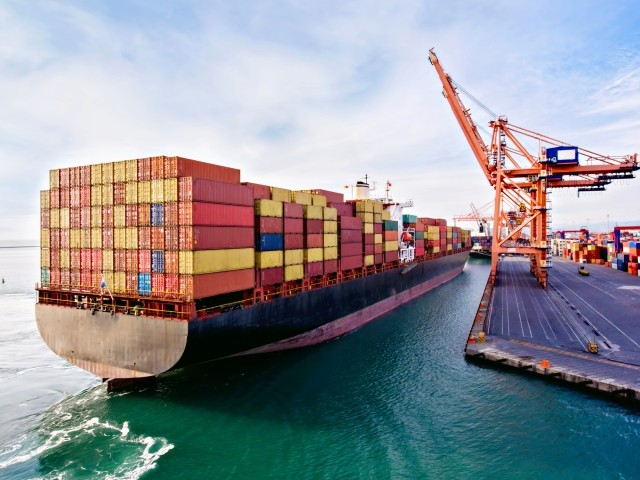Blog
Foreign Voluntary Workers’ Compensation – 5 Things to Know
Foreign Voluntary Workers’ Compensation (FVWC) offers several important coverages to compliment your comprehensive insurance program. Here we’ll address the what, when, where, who, why, and the Woodruff Sawyer claims approach.

1. What is Foreign Voluntary Workers’ Compensation?
FVWC provides coverage for employees working outside of their home country. It provides bodily injury by accident/disease or repatriation, arising out of and in the course of employment outside of the employee’s home country.
2. When and Where Does FVWC Apply?
Here are the most common situations where FVWC may apply:
- Short-term business travel for covered employees.
- Long-term assignment outside the United States for covered employees.
- Travel outside the country of origin (the US or another country) for covered employees.
3. Who Does FVWC Cover?
FVWC can cover a range of employees depending on whether they are currently in their country of origin. Generally, any employee who is covered for injuries occurring during the course of work can be covered by FVWC, including:
- U.S. hires
- Local nationals
- Third country nationals
- Ex-pats
- Volunteers
- Independent contractors
The following definitions may provide further clarification regarding the types of individuals who may be covered under FVWC.
US hires: Individuals who travel outside the US for business or who are assigned to work in another country should be covered by FVWC. Foreign-based employees are sometimes referred to as “expats” or US nationals.
Local nationals: Employees who are hired and assigned to work in their home country (country of origin) are referred to as local nationals. For example, a citizen of the United Kingdom who is hired and assigned to work in the United Kingdom is considered a local national.
Third-country nationals: Employees who are hired in their country of origin and assigned to work outside their home country are called third-country nationals (TCN) and should be covered by FVWC. One example of a TCN is an employee hired in Australia and assigned to work in The Netherlands.
Expatriate (Ex-pats): An individual temporarily or permanently residing in a country other than their native country.
Independent Contractor: The client may elect to extend FVWC to an independent contractor when a written contract is in force and the independent contractor is injured during the course of work outside their home country.
4. Why is FVWC So Important?
FVWC is important because it provides unique coverages that complement domestic workers’ compensation and business travel accident policies.
Although domestic workers’ comp typically covers basic work-related injuries or illnesses, the FVWC can evaluate and pay other related expenses that may not be covered by the domestic comp. In an unfamiliar country, where you’re possibly dealing with language barrier and different standards of care, FVWC can be a much more effective policy to take care of the employee’s needs.
Repatriation: FVWC covers the expenses incurred in transporting the injured or ill employee back to their home country. Repatriation costs for an ill or injured employee are often quite high – think helicopter evacuations and emergency medical flights. Some policies include the transfer of family members as part of the repatriation benefit.
Endemic disease: FVWC covers illnesses resulting from endemic diseases – diseases which are commonly found in a specific area/region. Endemic diseases can pose coverage issues with the domestic workers’ comp depending on the circumstances.
War and Terrorism: Events related to war or terrorism are not automatically excluded from coverage in FVWC policies.
Medical facilitation/Global Medical Assistance: Locate providers, medical monitoring and coordination of medical services.
5. What Happens After a Claim?
When a covered employee becomes ill or injured abroad within the course and scope of work, the FVWC claim gets to work right away to ensure the employee is safe and cared for.
The insurer coordinates the medical treatment and evaluates expenses for payment. It is the responsibility of the insurer to secure the most appropriate medical facility and provide translation services if needed. Often the insurer is able to coordinate arrangements for family members who are traveling to support their loved one.
Woodruff Sawyer’s role is to help the parties coordinate between all applicable policies (often the FVWC, business travel accident (BTA) and domestic workers’ compensation) to provide timely benefits and facilitate communication.
In summary, Foreign Voluntary Workers’ Compensation provides a broad and unique set of protections. Businesses that have employees traveling internationally or workers assigned to work outside their country of hire/origin should consider adding FVWC and travel assistance to complement their overall risk management and insurance programs.
Author
Table of Contents














